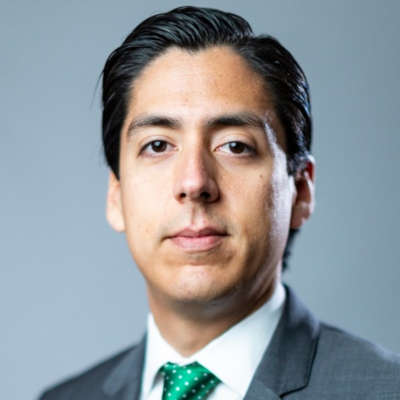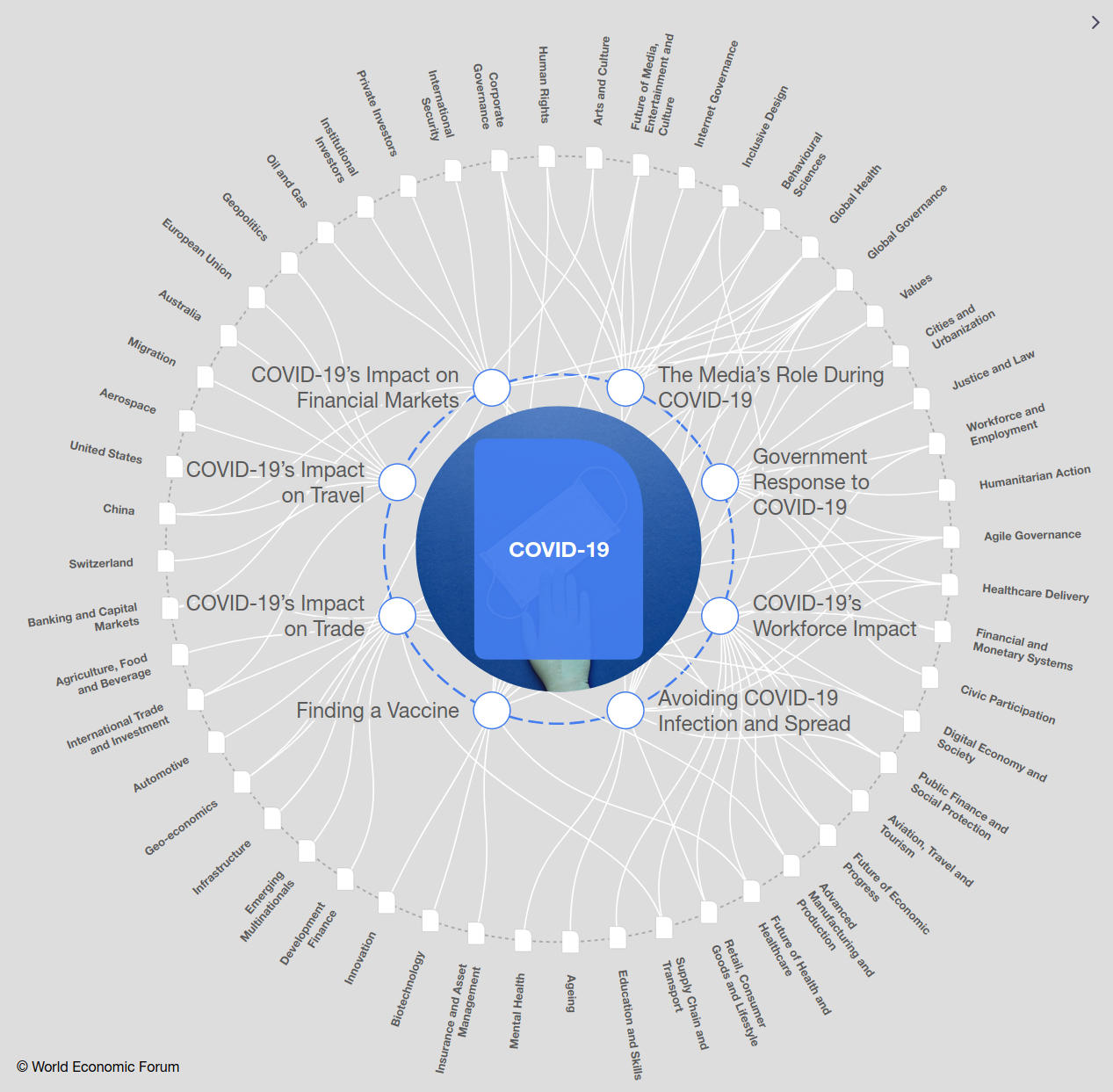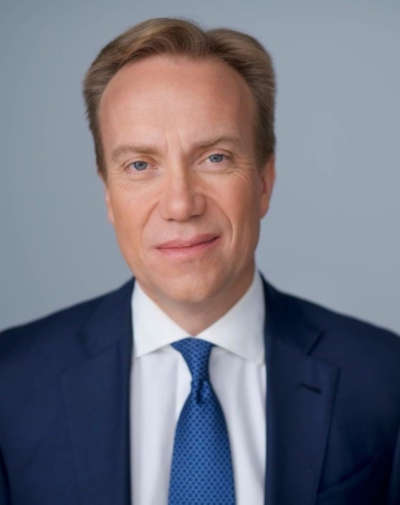
When the time comes to judge who knew what, and how early, about the coronavirus pandemic, and whether public health alarms were too late, there need be no blame or shame at the World Economic Forum. Infectious disease has been among the threats identified in all of the Global Risks reports that the WEF has published as part of the backdrop for its annual leadership gatherings in Davos, Switzerland.
Still, the 15th edition, Global Risks 2020, had no mention of COVID-19. The report was released on January 15, eight days before the lockdown of Wuhan, China - bad timing for headlining this particular black swan.

This is not to say that risk-management and public-policy lessons were not there; or that disregard was excusable; or that the quantities of insight and commentary that have since emanated from the WEF and other expert sources and institutions have not been helpful, even essential.
“Our 2016 Global Risks report, for example, warned that Ebola would not be the last pandemic and that outbreaks were likely to become more complex and challenging,” says Emilio Granados Franco, WEF's head of global risks and geopolitical agenda, and lead author of the risks report.
As far back as the 2007 and 2008 risk rankings - predating Granados Franco's mid-2019 arrival at the WEF after serving in Mexico's Ministry of Foreign Affairs - pandemics placed in the top five in terms of severity of impact over a 10-year period.
Falling within the societal risk category, pandemics did not rank as high in terms of likelihood. This year, for the first time, all of the five most likely risks were in the environmental category, led by extreme weather events. At the same time, economic and political factors were high on the Global Risks Perception Survey's near-term horizon (see Economic Risks Are Up Front in World Economic Forum Survey).
Interconnected Risks
A hallmark of WEF's global scan is its emphasis on how risks are inter-related. The top interconnected pairs in the 2020 report: extreme weather events + failure of climate change mitigation and adaptation; large-scale cyberattacks + breakdown of critical information infrastructure and networks; and high structural unemployment or underemployment + adverse consequences of technological advances.
“Good risk analysis is also about studying blind spots and connections,” Granados Franco says, and pandemic risk implies plenty of those.
“Serious thought needs to go into how it will affect global warming, mental health, cybersecurity, even political processes,” he says. He believes that the world will be dealing with the fallout over a period of years, and that the recovery process could accelerate acceptance of “stakeholder capitalism.”
Even with the pandemic front and center, “climate change, geopolitical tensions, cyberattacks and other health risks remain,” Granados Franco notes. “Systems thinking can reduce surprise, inform early responses and foresee unintended consequences,” and among WEF's contributions to the cause of collective response is the COVID Action Platform, announced in March with support from the World Health Organization.
The forum also maintains a continuously updated COVID-19 archive, with such contents as a Business Insider report on the Center for Infectious Disease Research and Policy's pandemic “wave scenarios”; economists Simon Johnson of MIT Sloan School of Management and Peter Boone of London School of Economics on the future of mobility and travel; HSBC Holdings global head of trade and receivables finance Natalie Blyth on How Companies Can Build Resilience Against Pandemics; Harvard University's Jeffrey Frankel on how to avoid a W-shaped recession; and Bill Gates on vaccine progress.

Healthcare Under Stress
A global risk, as defined by the WEF, “is an uncertain event or condition that, if it occurs, can cause significant negative impact for several countries or industries within the next 10 years.”
As of the Global Risks 2020 writing, “non-communicable diseases - such as cardiovascular diseases and mental illness - have replaced infectious diseases as the leading cause of death, while increases in longevity and the economic and societal costs of managing chronic diseases have put healthcare systems in many countries under stress.
“Progress against pandemics,” the report went on, “is also being undermined by vaccine hesitancy and drug resistance, making it increasingly difficult to land the final blow against some of humanity's biggest killers. As existing health risks resurge and new ones emerge, humanity's past successes in overcoming health challenges are no guarantee of future results.”
Perception Trap
In a March 24 article, COVID-19 Pandemic Shows We Must Reduce Our Blind Spots to Risk, WEF president BØrge Brende asked, despite the recognition of global pandemic risk, “why does it seem as if this crisis rose out of nowhere, and what can we do about being better prepared for risks in the future?”

“Individuals often identify risks that are readily perceptible - whether because of personal exposure, media coverage, or both - as the most threatening,” Brende wrote. “Those risks not directly ahead tend to go unnoticed.”
After 2016, coinciding with declining concern about Ebola, climate-related issues began to dominate in WEF's risks perception surveys.
“It is human nature to feel most threatened by what feels closest,” Brende said. “But a potential danger is that when a risk gets crowded out of our collective sightlines, it may go unaddressed, and we may be ill-prepared to address it when it does manifest.”
He said not to forget “that other risks still linger” and called for “a strong global multi-stakeholder framework” of governments, businesses, and international organizations working in concert to avoid “collective blind spots.”
Brende added, “Ensuring that a variety of actors across geographies and industries are continually communicating offers a greater possibility that risks that have moved off the direct sightlines of one party are still accounted for collectively.”
Jeffrey Kutler of GARP contributed to this article.